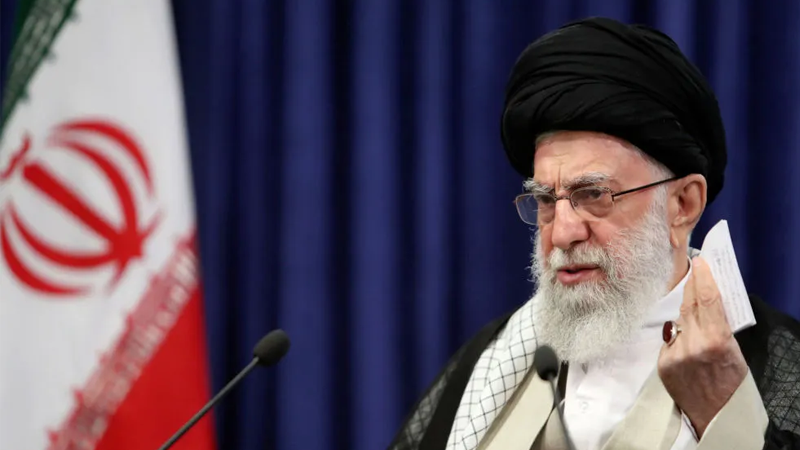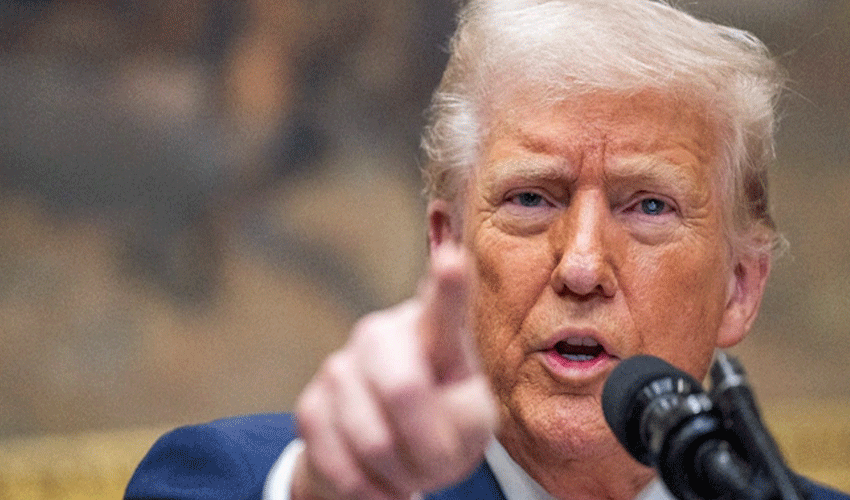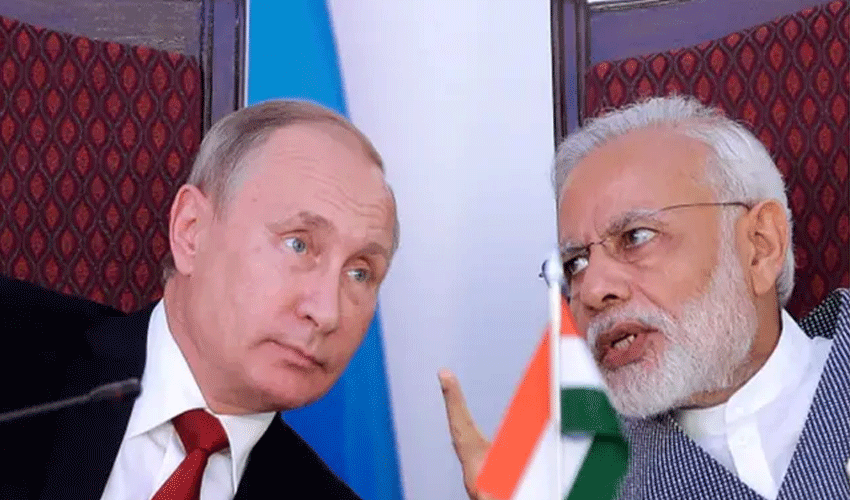Iran's Supreme Leader Ayatollah Ali Khamenei on Wednesday called on Muslim countries to cease trade with Israel, including oil exports, in response to the ongoing bombardment of Gaza following deadly attacks by Hamas.
In the wake of Hamas gunmen's incursion into the Gaza Strip on October 7, a conflict ensued, resulting in the loss of over 1,400 lives, primarily civilians, as reported by Israeli officials.
The relentless bombing campaign has now claimed the lives of more than 8,500 individuals, with two-thirds of the casualties being women and children, according to Gaza's Hamas-run health ministry.
Speaking before a gathering of students in Tehran, Ayatollah Khamenei declared, "Islamic governments must insist on swiftly ending these crimes."
He further stated, "Muslim countries should not cooperate economically with the Zionist regime (Israel)," while urging for a complete block on oil and food exports to the nation.
Khamenei criticised Western governments, including Britain, France, and the United States, for their stance on the Palestinian issue.
He emphasised that the Muslim world should not overlook those exerting pressure on Gaza's population, attributing blame beyond the Zionist regime.
Iran's Defense Minister, Mohammad Reza Ashtiani, issued a warning to "certain European countries that support Israel," cautioning them against angering the Muslim world through their actions.
While Iran provides financial and military support to Hamas, it denies direct involvement in the militant group's recent attacks on Israel. President Ebrahim Raisi asserted that Iran views it as its duty to support resistance groups but stressed that these groups act independently.
In response to Iran's alleged role in facilitating attacks on US forces in the Middle East, the White House announced a new round of sanctions targeting Hamas's funding networks and sources of support within Iran.
The situation in the Middle East remains tense as Iran's call for a trade halt with Israel reverberates across Muslim countries, potentially reshaping diplomatic and economic dynamics in the region.



























